
Contact Us
Get in touch with us using the form or details below. We look forward to hearing from you!
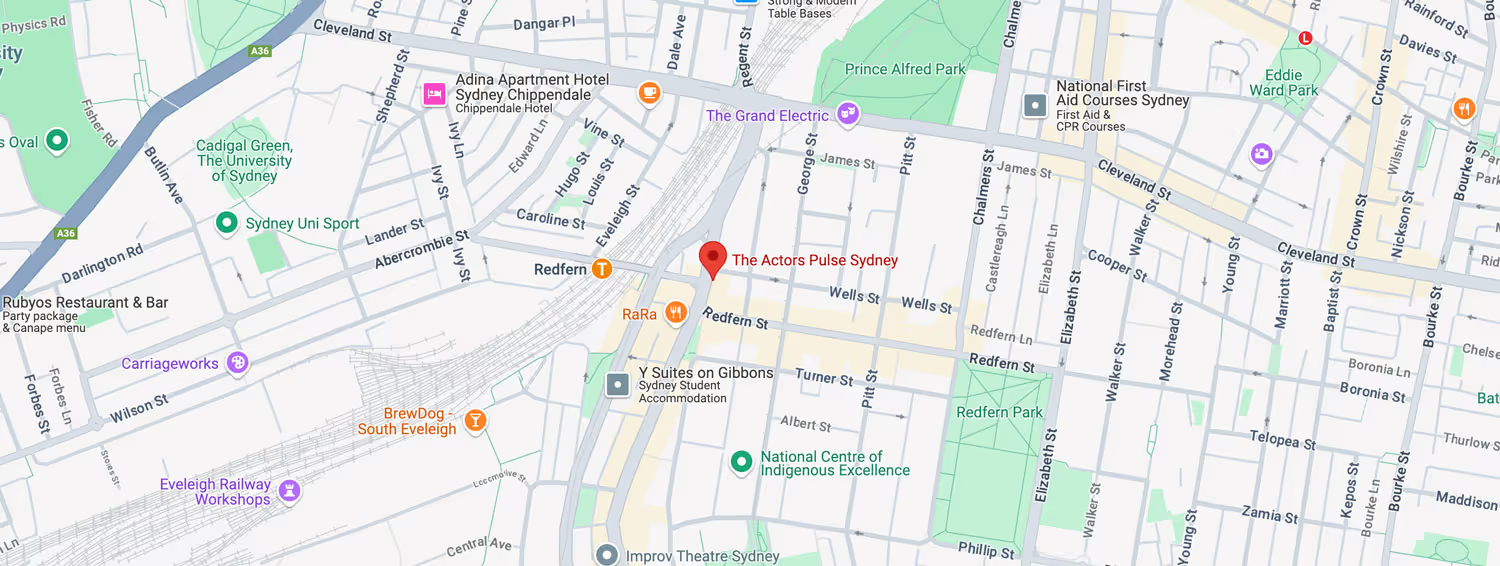

If you’re a burgeoning actor hoping to break into the industry with some outstanding roles, you will need an agent. Without an agent, you are like a fish in a vast ocean, you’ll follow the current but have no real idea of your destination – it’s easy to become lost.
Additionally, without the guidance of an agent, who is abreast of up-and-coming roles and can advocate for you, you may miss out on lucrative opportunities. So how do you go about finding an acting agent whether in Australia or abroad?
In this guide, we’ll walk you through how to get an acting agent so you can take your career to the next level.
An agent acts as a middleman between you and industry opportunities. They possess a wealth of knowledge and are connected to a vast network of industry big-wigs. These connections and contacts can prove vital to opening doors that may otherwise have remained firmly closed.
An agent is highly invested in you as their client as their success relies on your success.
Their role can include tasks such as submitting you for auditions, negotiating payment terms, drawing up contracts, and determining agreeable terms and conditions. In some instances, more commonly in Australia, they will also play the role of manager.
As both your agent and manager, they can support you to both create goals and achieve them. This makes them invaluable from both a personal and professional standpoint.

You do not have to have an agent, however, it is highly recommended. If you stop and think about the world’s great actors, all of them have agents and many of these actors publicly acknowledge that they wouldn’t be anywhere without their agent’s support.
If you’re on the fence about whether you need an agent, we suggest asking yourself the following questions:
If you are just getting started with your career as an actor, engaging an agent may not be the best step. Within the first one to two years of acting, your focus should be on obtaining further experience and engaging in professional training.
This gives your agent more to work with when you do sign one and can help you stand out from other actors pursuing more roles. Being prepared and having community theatre, short films or similar on your CV can take you much further than an agent can in the early stages of your career.
Planning to stay within a smaller, regional market as an actor? Local community theatre roles keeping your cup filled? An agent may not be necessary as your local connections may be enough. Agents are best engaged for those seeking to expand within Australia or overseas.
As above, if your career goals involve tackling bigger projects in a more competitive market such as television and film, then an agent can be a wise investment. You’re much more likely to experience career progression in these spaces with an agent by your side.
Having an agent is often seen as a validating point from an industry perspective and can see you considered more highly for roles where other applicants are not represented.
It is important to find a great agent that understands you and supports your goals. A ‘bad’ agent can actually be damaging to your career, so getting this right is critical.
Agencies may not sign you without relevant experience or training. So if you’re hoping to find an agent without experience, we suggest engaging in training and pursuing relevant experience first to improve your chances of being signed.
To find the best match for your needs you should do your research.
The Media, Entertainment & Arts Alliance (MEAA) website is a great place to find agents close to you. You’ll want to look closely at who they currently represent and their success stories. Don’t only look at the big agencies, you simply want to know that:
If you come across any red flags such as upfront payments, unusual or binding contract terms or a commission rate over 10% – look elsewhere.
If possible, try to have a referral from your acting coach, director or producer you have worked with and include this in your submission to your chosen agency. Be sure to adhere to all their guidelines for submission and don’t be afraid to self-promote.
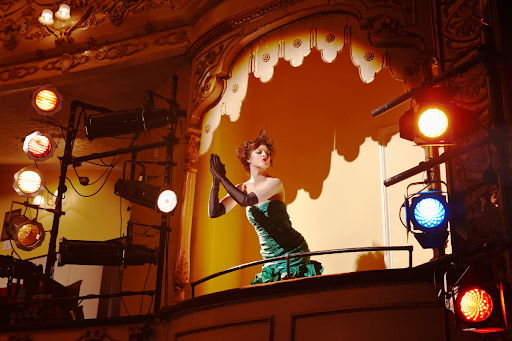
Whether you have an agent or are yet to sign with one, continued investment in your training is vital. Not only does this better prepare you for future roles but also demonstrates to an agency your commitment to growth and professionalism.
At The Actors Pulse, we work with actors from a diverse set of backgrounds and experiences to further develop and refine their skills.
As the leading school for the Meisner Technique in the Southern Hemisphere we specialise in supporting our students to master American-style screen acting and audition techniques. This makes our school ideal for artists who are seeking careers in the film, television and theatre industries both in Australia and overseas.
Our Sydney school has access to three studios that operate as neighbourhood playhouses. This allows for practical experience alongside technical developments for a balanced learning experience and one that stands out on your CV.
With our guidance not only can you progress in your acting career but we can support you to find the right agent too. We can walk you through what to expect from an agent, what to ask and what they are looking for in you.
Speak with the experts at The Actors Pulse today on 0414 475 515.
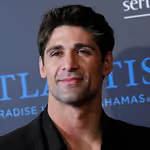
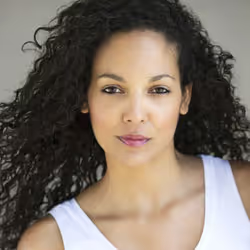
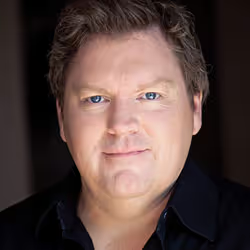


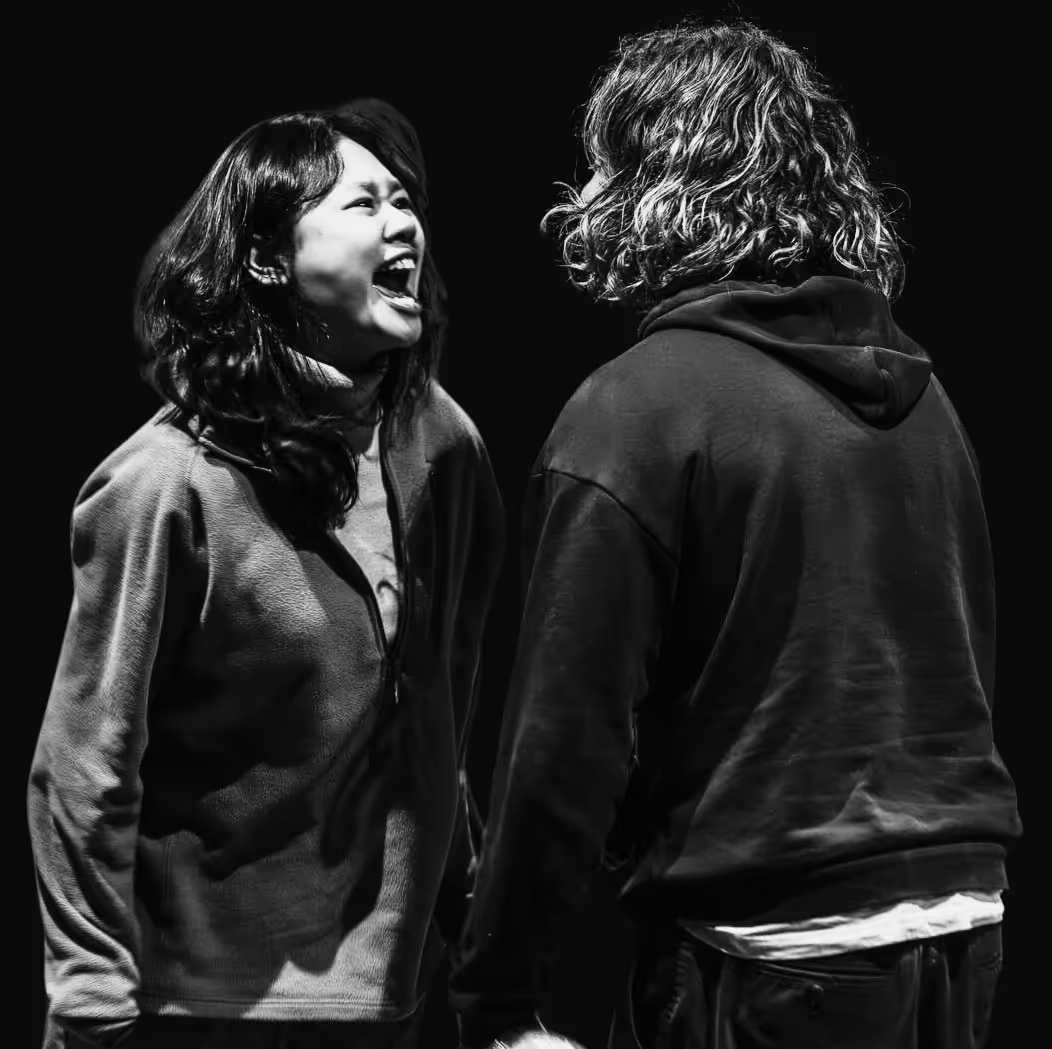



Get in touch with us using the form or details below. We look forward to hearing from you!
